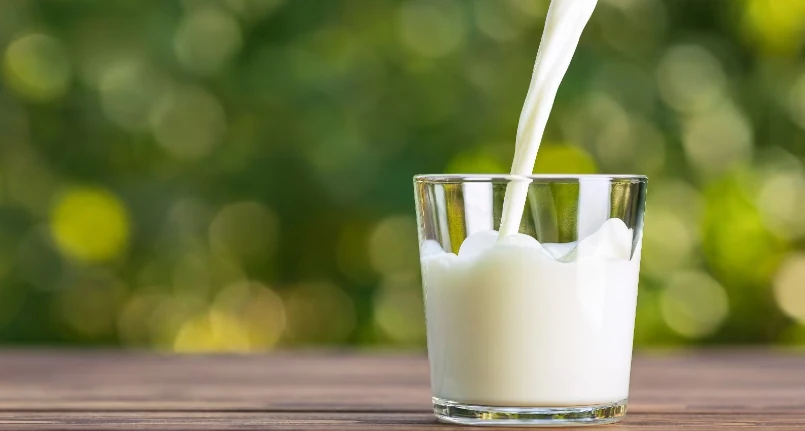Alternatives to cow’s milk
Cow’s milk is available in different percentages of fat : whole milk , semi-skim (2 percent, 1 percent), skim (fat-free), and lactose-free milk . For people with different dietary needs or allergies, there are also alternatives to cow’s milk on the market. They are vegetable drinks obtained from cereals or dried fruit . Among the most popular ones we find those made with almonds , oats , soy , rice and coconut .
Each type of milk has beneficial nutritional properties and contraindications , which vary according to a person’s diet, state of health, nutritional needs or personal taste preferences. For example, some people may be intolerant to vaccine protein and may need to choose a plant-based alternative. Those who need to increase their calorie and nutrient intake can opt for whole milk, which is a concentrated source of protein , fat and calories .
However, whole milk and vegetable coconut drink are high in fat and calories. Whole cow’s milk contains more calories and saturated fat than any other milk except goat’s milk .




